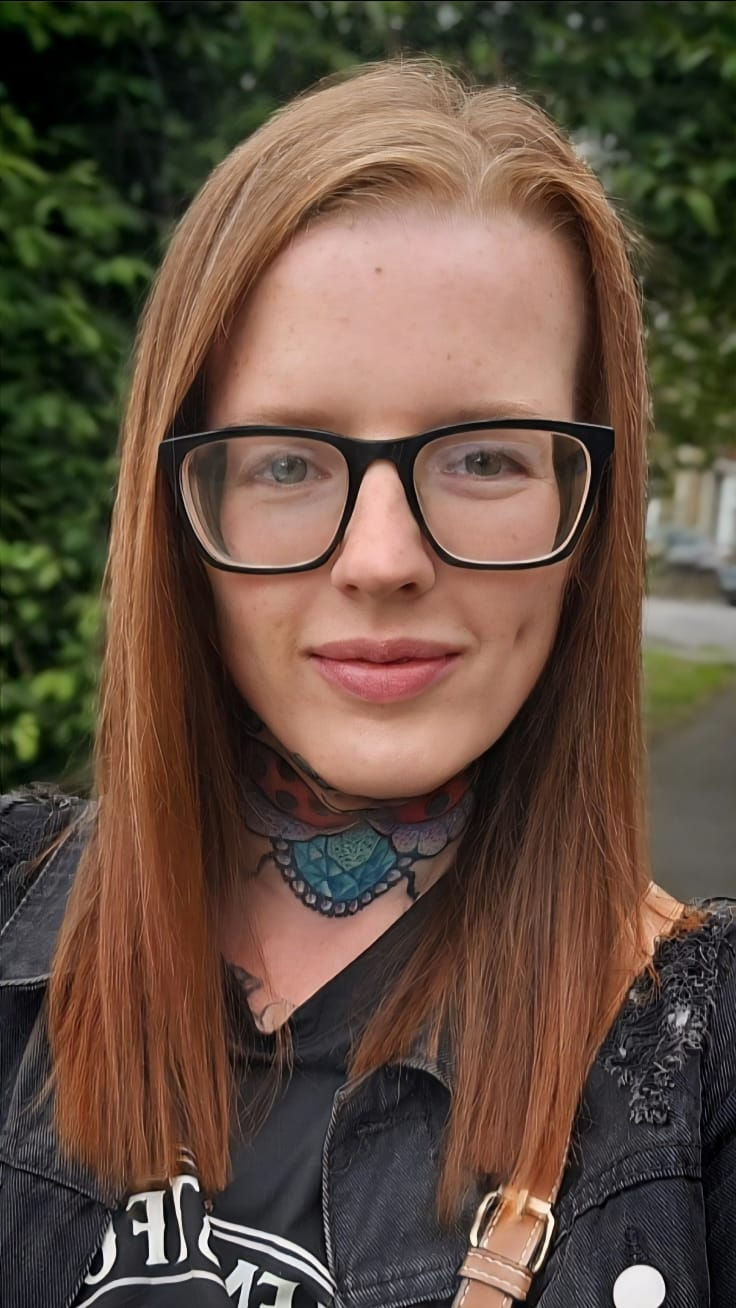Joint Statement about LGBT+ Domestic Violence and Abuse During the COVID-19 Pandemic
- SAYiT
- May 3, 2020
- 3 min read
Updated: Dec 24, 2022
Call It Out is proud to be a signatory of this joint statement on the current needs of LGBT+ victim/survivors. The new resources created through this consortium will support domestic abuse professionals, as well as, families, friends, and community members who are witnessing abuse and want to help
Over the last month professionals and activists, agencies, policymakers, and government have faced an extraordinary set of circumstances in light of the COVOID-19 pandemic, including in relation to domestic violence and abuse. While work has been going on behind the scenes to ensure the delivery of services, the public face of much of the response has focused on reaching out to victims and survivors who find themselves isolated with an abusive partner to try and make sure that they know that help and support are available. Alongside this, there has been an increased emphasis on ensuring family, friends, and neighbours also know how to recognise the signs of domestic violence and abuse and what they can do to help.
As a network of agencies and practitioners, researchers and activists, working on LGBT+ domestic abuse, we recognise this work is vital, and we will continue to work with our statutory and third sector partners to ensure that victims and survivors are supported.
We would like to support all those working on the response to domestic violence and abuse to continue to recognise the experiences of LGBT+ survivors. Research tells us that LGBT+ survivors can face a range of barriers to identifying their experiences, particularly if they are not explicitly represented in the public story of domestic violence and abuse.
We also know some LGBT+ survivors are more likely to reach out to friends or family, rather than domestic violence services or agencies like the Police, so it is important to ensure the communication to friends and families also recognizes that domestic abuse affects LGBT+ people.
This is why we have developed the following advice and guidance:
For friends and/or family who are worried that the LGBT+ person they know is being victimised by their partner;
For friends and/or family who are worried that the LGBT+ person they know is using violent/abusive behaviour towards their partner;
This guidance is also useful for professionals and helpline operators who are receiving calls from friends/family who are LGBT+ either because they are being victimised by, or using violent/abusive behaviour towards their partner.
For a directory of LGBT+ specialist domestic abuse services in England please check Galop’s National LGBT+ Service Mapwhich includes relevant links and contact details. Galop also host an online LGBT+ Domestic Abuse Library, which includes direct links to resources relevant for LGBT+ people, service providers working with LGBT+ victims of domestic abuse and researchers interested in the topic.
We would also like to encourage all services to include information about specialist LGBT+ domestic abuse services, including the LGBT Domestic Violence Helpline (0800 999 5428 / help@galop.org.uk/ http://www.galop.org.uk/domesticabuse/) to their internal and external communications.
Signatories Nik Noone, CEO, Galop Peter Kelley, Head of Domestic Abuse Service, Galop Jasna Magić, Research & Policy Development, Galop Catherine Donovan, Professor of Sociology, Durham University
Heather Paterson, LGBT+ Domestic AbuseDevelopment Worker, SAYiT – Call It Out project
Elly Sinclair, LGBT+ Domestic Abuse Development Worker, SAYiT – Call It Out project James Rowlands, Doctoral Researcher, University of Sussex
Maddi Scott, LGBT+ Specialist Officer, RISE
Rhys Dower, Domestic Abuse Co-ordinator, LGBT Foundation
Sajida Bandali, Senior IDVA, Birmingham LGBT
Tiffany Parsons, LGBT IDVA, Independent Choices
Notes
The statement and the advice/guidance have been prepared by a network of agencies and practitioners, researchers and activists working on LGBT+ domestic violence and abuse. This work is unfunded.
The fact sheets are intended for distribution. You do not need to seek permission to share them. However, please acknowledge the network and do not remove the logos.











Comments